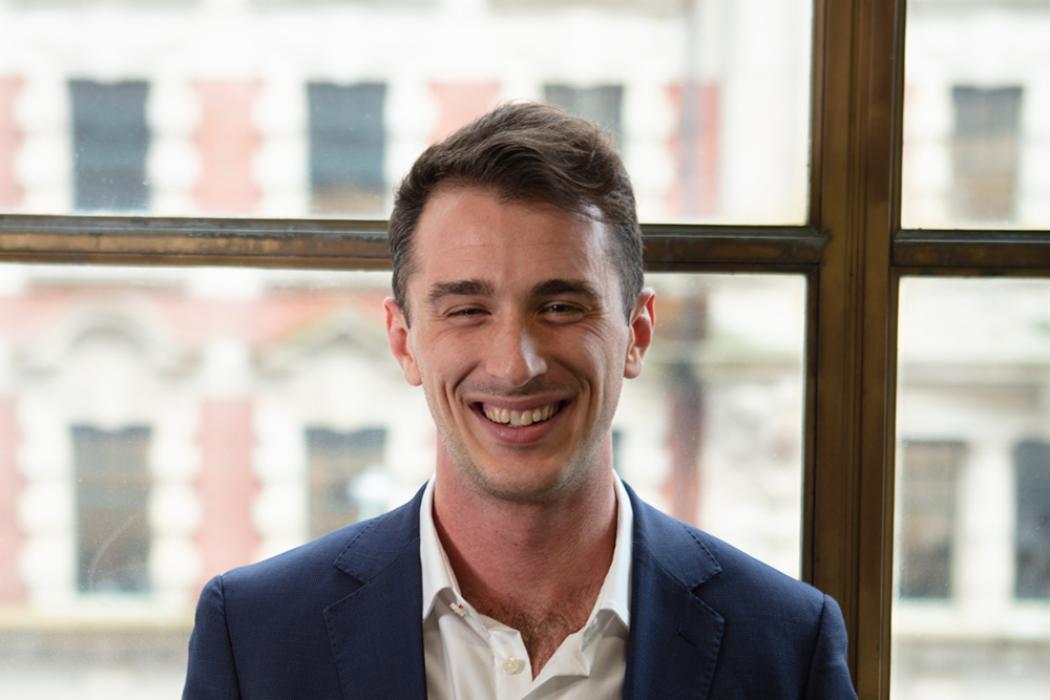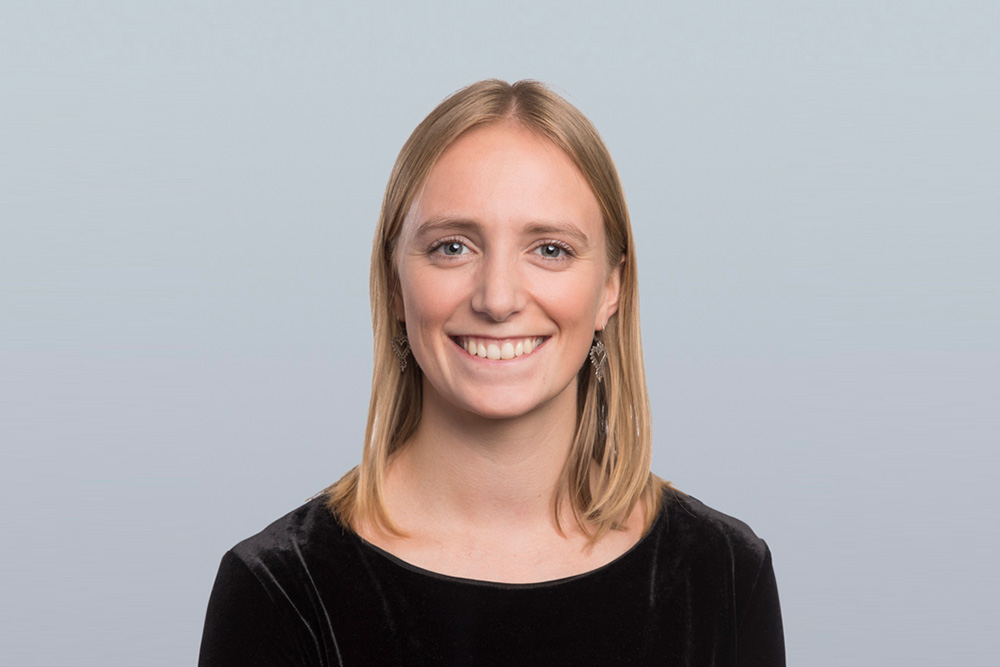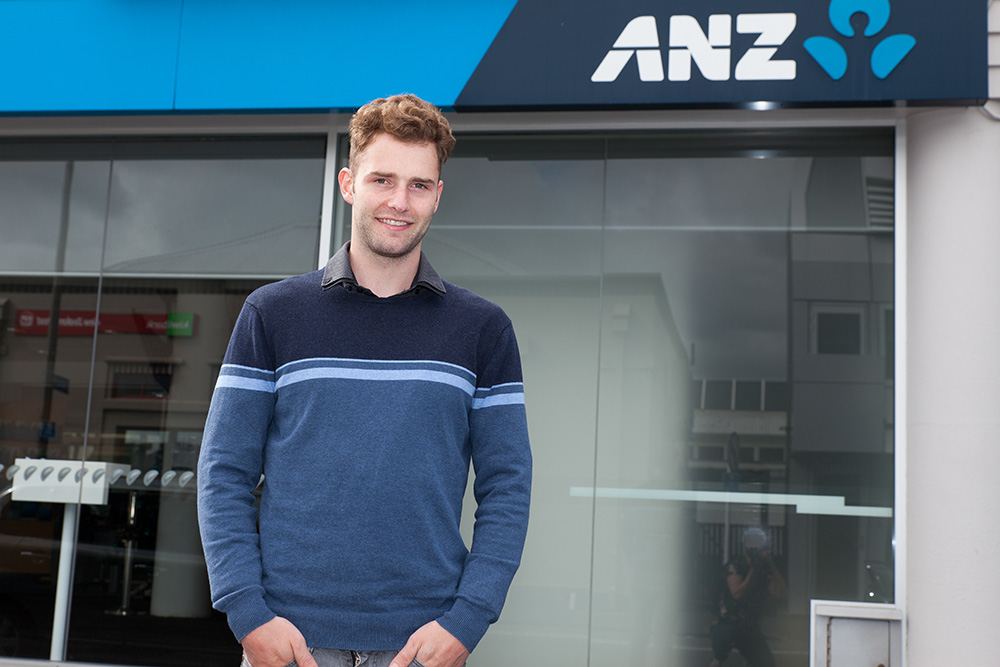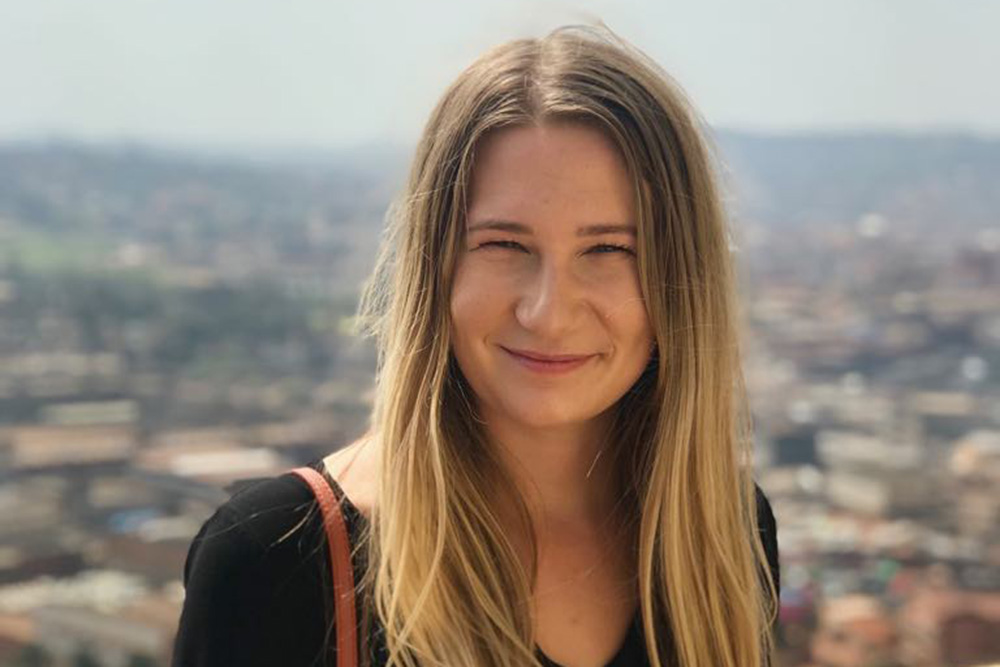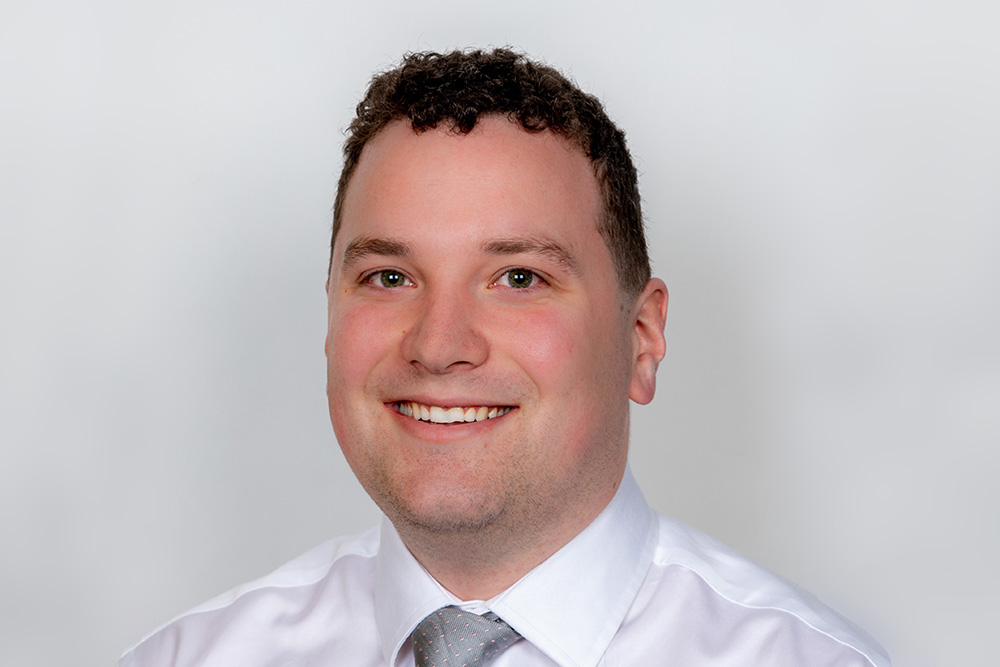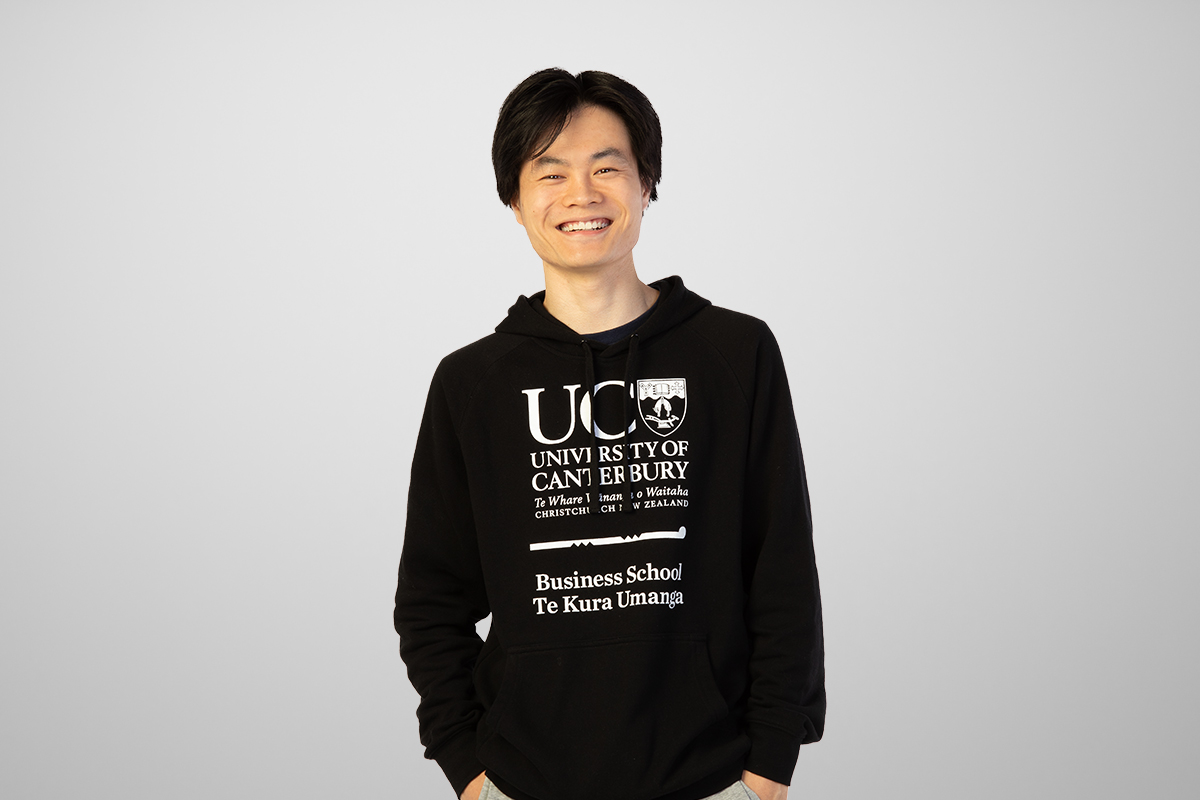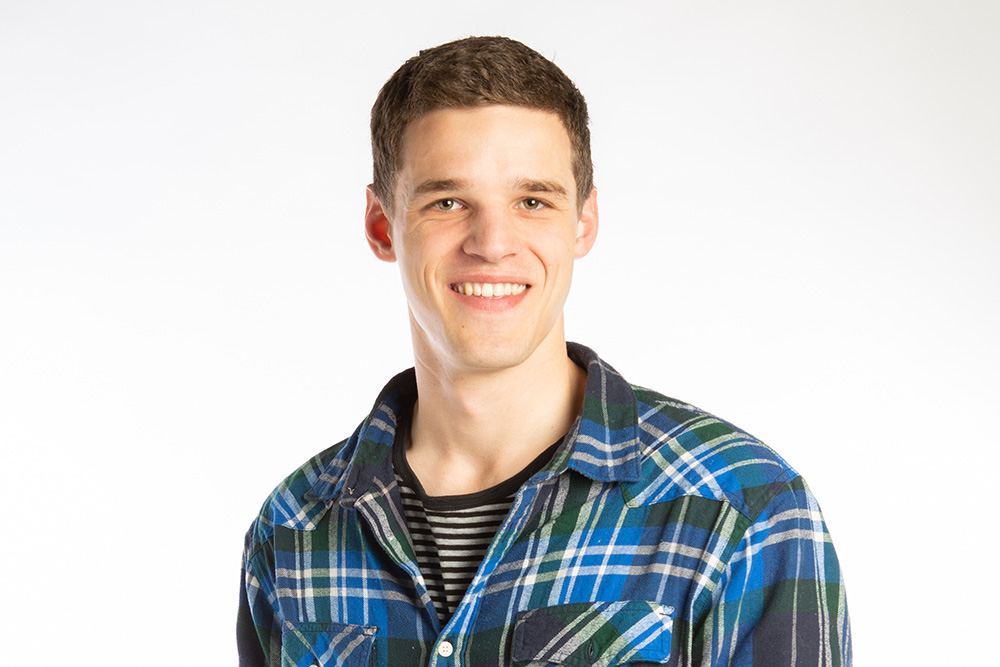Bachelor of Commerce in Finance, and a Bachelor of Arts in Political Science with a minor in Economics
Master of Applied Finance and Economics
What motivated you to do a double degree in all those subjects?
I have always had a passion for economics and politics, and the combination of a triple major across Economics, Finance, and Politics provided me with both strong technical skills, as well as a view of the big picture of how markets and politics influence each other. The University of Canterbury is known for providing an excellent education in quantitative subjects.
What was a highlight from undergrad study?
The rigorous nature of the Finance courses. I took the FINC 390 course, which required students to undertake an internship. My internship was with Ngāi Tahu Property, and my team was required to conduct an analysis of a potential public private project partnership between Ngāi Tahu Property and Christchurch City Council.
I would highly recommend new students undertake an internship as it increases your employability.
And then you followed up all that experience with the Master of Applied Finance and Economics (MAFE). How did you find it helped you?
The rigorous nature of the MAFE programme prepared me to deal with the high workloads and high-pressure work environments that new graduates are often exposed to.
The MAFE programme also pushes students to think for themselves. This prepared me well for a graduate role, as managers often expect junior staff to self-manage and use your own discretion.
What work have you gone onto since graduating?
I first worked as a Research Analyst with Motu Public Policy and Economic Research, a world class economic research institute ranked in the top ten global economic think tanks and top ten climate change think tanks. During my employment at Motu Research, I had the privilege of working with world-class economists on a range of climate change projects.
I also worked briefly as an Analyst for Climate Sigma on COVID-19 related research. During my employment, I produced a model that forecasted the expected fatality rates for New Zealand under different COVID-19 infection rate scenarios.
Particular courses I took at UC that have been directly applicable in my work were Financial Derivatives, Portfolio Management and Forecasting. These courses taught me skills that I have consistently applied during my employment and when managing my own personal investments.
Any advice for future Finance students?
I particularly enjoyed the programming content of my work with Motu Research and Climate Sigma. I would recommend adding in computer programming study. Programming skills are increasingly important in the work force, particularly in financial markets related roles, such as in the banks trading teams where it is now almost mandatory that junior staff have familiarity with programming.
What experiences have you enjoyed at UC outside of the classroom?
The great club culture, which provides a very social environment, making it easy to make friends. UC has one of the best club cultures in New Zealand. Every weekend there are a variety of events that take place. The clubs also regularly organize large-scale events, which many international musicians have attended.
I’ve also lived in Ilam Apartments, which I highly recommend for prospective students. It provides apartment style living, providing students with autonomy, yet also ensures that if you require support, you have access to residential advisors. The apartments are also situated in close proximity to the campus and local shops and houses a large community of international students, making it an ideal choice for those travelling to New Zealand from overseas.
What are your next steps?
I would like to move from public economics into a financial trading role with either an overseas bank or fund.



